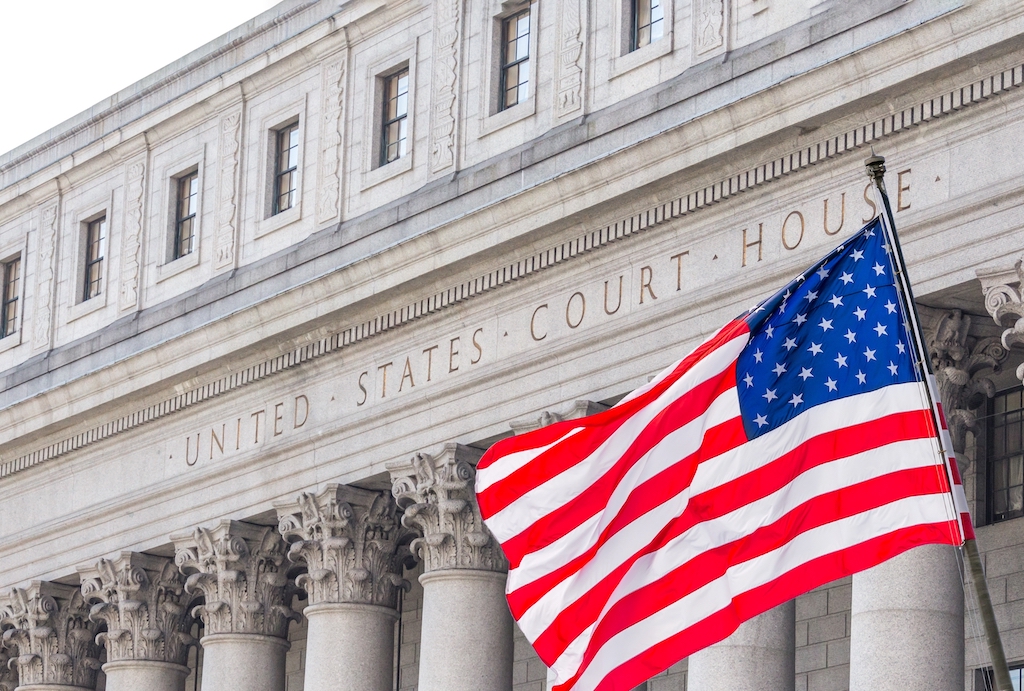
The Supreme Court has, at least temporarily, put a halt to the implementation of a new Texas immigration law following a request from the Biden administration. The decision, issued by conservative Justice Samuel Alito, effectively froze a lower court ruling that would have allowed the law, known as SB4, to go into effect as of Sunday. SB4 is notable for granting police the authority to arrest migrants who illegally cross the border from Mexico, along with imposing criminal penalties.
This legal dispute represents the latest clash between the Biden administration and the state of Texas concerning immigration enforcement along the U.S.-Mexico border. Although a federal judge initially blocked the law after the Biden administration filed a lawsuit, the New Orleans-based 5th U.S. Circuit Court of Appeals later indicated, in a brief order, that it could be implemented starting March 10 if the Supreme Court chose not to intervene.
The emergency filing on Monday, spearheaded by Solicitor General Elizabeth Prelogar, asserted that the Texas law is “flatly inconsistent” with Supreme Court precedent that spans a century. Prelogar emphasized that decisions from the past recognize the national government’s core responsibility in matters of admitting and removing noncitizens, and when Congress addresses these issues through legislation, state law becomes preempted.
In response to the emergency filing, Justice Alito has extended the block on the law until March 13, providing all nine justices additional time to deliberate on the appropriate course of action. Furthermore, Alito has mandated Texas to respond to the Biden administration’s request by March 11.
The contentious argument presented by Texas, justifying the law as a means of effectively countering an invasion at the border under the State War Clause of the Constitution, was refuted by Prelogar. She contended that a surge of unauthorized immigration does not meet the criteria of an invasion within the context of the State War Clause.
It’s worth noting that beyond the federal government’s involvement, the city of El Paso and two immigrant rights groups, Las Americas Immigrant Advocacy Center and American Gateways, have also challenged SB4. They filed their own emergency request with the Supreme Court in a bid to contest the law’s implementation. The outcome of this legal battle will likely have significant implications for immigration enforcement policies and the ongoing tug-of-war between federal and state authorities in this domain.


















